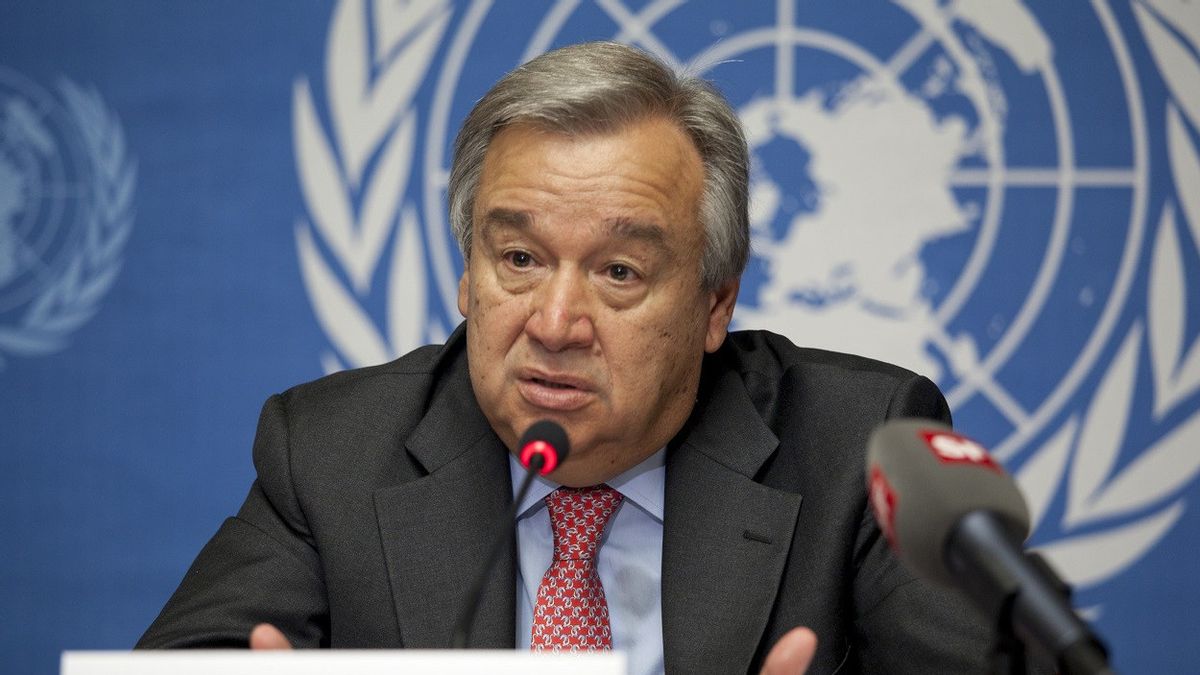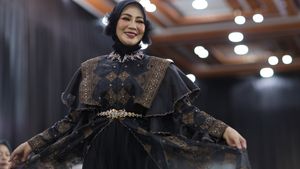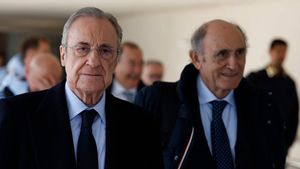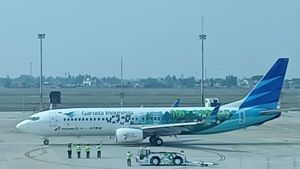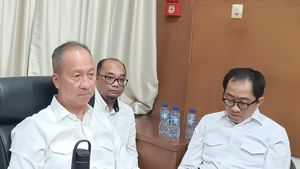JAKARTA - The return of Syria to the Arab League and its involvement with regional countries could help resolve the 12-year civil war in the country, UN Secretary-General Antonio Guterres said.
The 22-member bloc on Sunday agreed to vote to return Syria after a 12-year suspension.
This was followed by President Bashar Al Assad joining the Arab League Summit on May 19, but western sanctions will continue to block reconstruction funds to war-torn countries.
The UN Secretary-General said he believed the region had "an important role to play" in its quest to end the conflict, which began with an uprising against the Al Assad Administration in 2011, which was responded to by acts of violence.
So far, nearly half a million people have died, while half of the country's 23 million people before the war in the country have fled.
Guterres' comments 'challenging' influential countries in the region, to take a major role in trying to bring together the Syrian government and opposition to negotiate an end to war.
The UN special envoy for Syria, Geir Pedersen, will "continue to work closely with all key actors", his spokesman said.
The return to the Arab League means a committee will be formed to maintain direct communication with the Syrian Government, to achieve a comprehensive solution to the conflict. The committee will consist of leaders of the Arab League and representatives from Egypt, Jordan, Iraq, Saudi Arabia, and Lebanon.
Other league requirements include ongoing efforts to regulate aid deliveries in Syria. At the same time, Syria's chemical weapons program remains a serious and controversial issue. Several countries and global watchdogs accuse Damascus of hiding its chemical weapons activity, while Russia's close allies defend the actions of President Al Assad.
Meanwhile, U.S. Deputy Ambassador Robert Wood Russia supports the resolution of the Security Council adopted in 2013, which strongly condemns the use of chemical weapons in Syria and ordered it not to use, develop, produce, acquire, store, or store chemical weapons.
But now, he said, instead of supporting the resolution, "Russia has chosen to attack the credibility and professionalism of the OPCW to damage the UN Charter in the process".
The English, Chinese, Japanese, Arabic, and French versions are automatically generated by the AI. So there may still be inaccuracies in translating, please always see Indonesian as our main language. (system supported by DigitalSiber.id)
